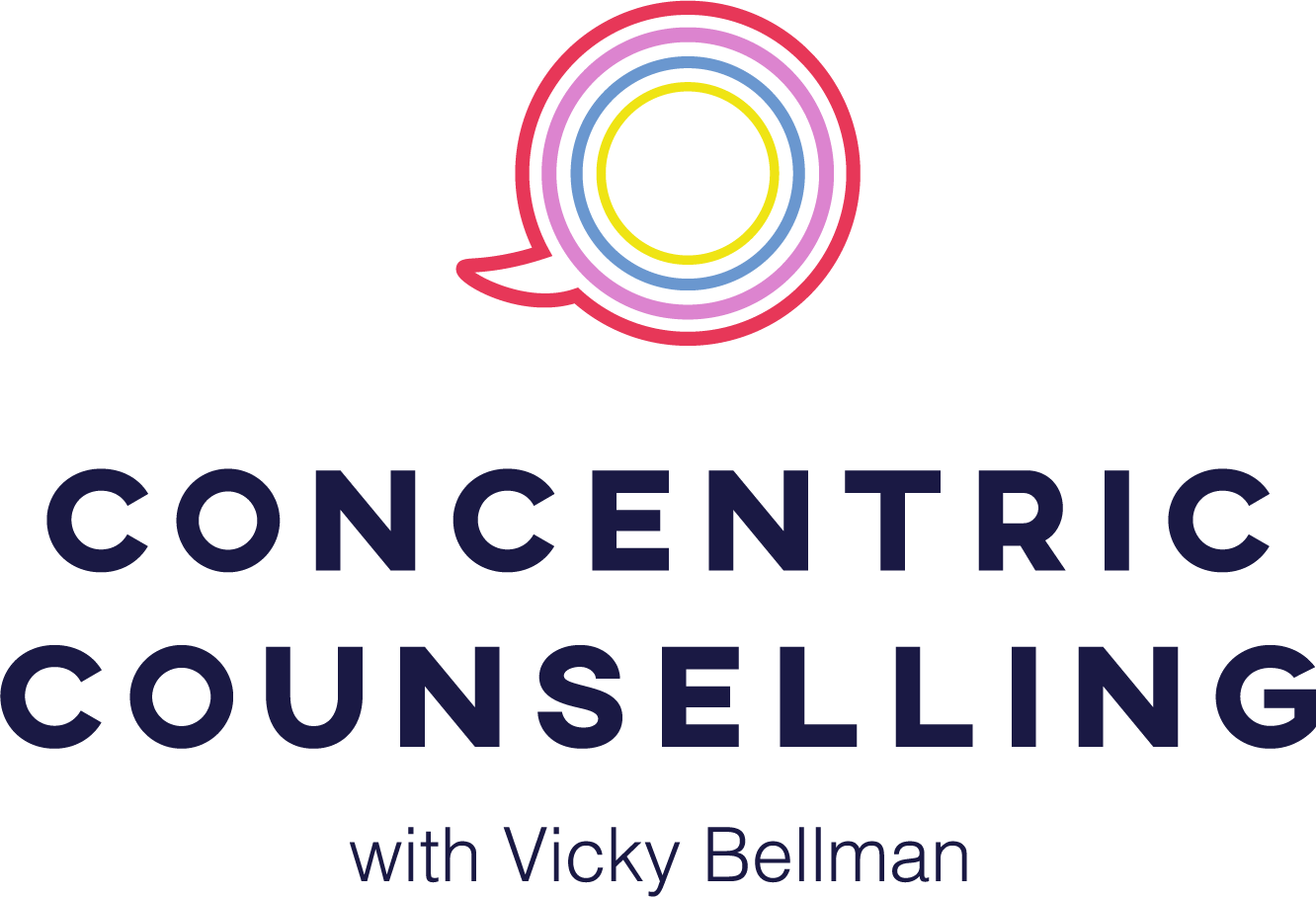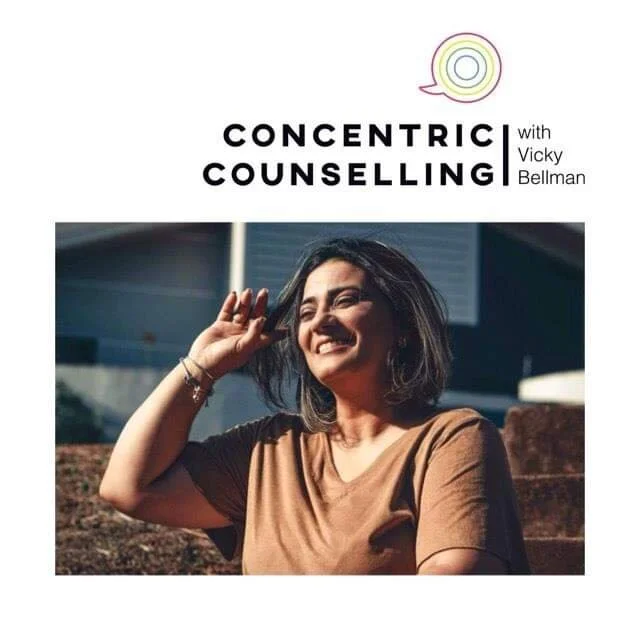Supporting children in maintaining healthy relationships with food and body
This week, Weight Watchers (now known, in that diet veiling kinda way, as ‘WW’) announced their new venture - an app, called Kurbo, targeted at teens who want to lose weight. Anyone can download the app - parent of child; they offer a nominal age cut-off of 13, but it’s as simple as entering a fake date of birth to be able to bypass this. Then… you’re in. As quickly as that, a 13 year old can be in to a world of good foods and bad foods (and, if you’re wondering, it lists semi skimmed milk and almonds as bad), weight loss tracking, and encouragement to ‘track every bite’.
If you think it sounds like one of the adult apps like My Fitness Pal or, indeed, the adult Weight Watchers app, you’d be totally right. And, if your alarm bells are starting to ring at how this could possibly be a good thing for children - to scrutinise every mouthful - you’d also be right; in fact, your instinct is backed up by the latest research, that outlines the dangers of healthy eating and fitness apps - you can read it here.
We have been taught, for so long, to conflate weight and health, that many will not even notice that diet culture is now coming for normal adolescent physiological development. Diet culture, not content with pulling every last pound and dollar with fear-mongering about fat, is now trying to conflate regular physical development with poor health. It’s a stealth move, but that’s what’s happening.
But, children are supposed to put on weight. They are supposed to grow. They are supposed to gain. Shorthand: they are supposed to put on weight. In the same way that they put on height - growing in size in teen years is a marker of what takes us from childhood physiology to adult physiology. It is usual, from approximately eight years old, for a child to begin to gain weight around their middle - around their torso and chest - they are preparing for the changes of adolescence. Reproductive function develops; hormones bounce around. Muscles and organs get bigger and stronger, bones get thicker and denser... Teens need space for that stuff! Alongside the physical changes, the huge cognitive, social and emotional changes that are happening require energy. We need fuel. They need more sleep, they need more fluids, they need more food.
So, weight gain is an entirely ordinary, necessary, by design part of pre-puberty and adolescence. Teens will typically gain 20+ pounds during these years; extra pounds needed to sustain and maintain the development that we want for our children. We want to see them grow, and flourish.
I speak to worried parents, who feel triggered by seeing the bodies of the children changing. It feels too young, too sudden, too unlinked to puberty, when children begin to look more smooshy from about 7-8. They see their child’s body beginning to change, and they wonder if they’ve done something wrong - if they’ve let their child have too many ‘treats’, or haven’t taken them to the park enough. And they live in a world where fat people are stigmatised and marginalised and, their greatest fear - that their child will suffer in this world - is activated. I get it. And rather than having that fear soothed away by a widespread understanding of adolescent development, it gets exploited by a company that monetises just this fear.
They may well be parents who have their own history of chronic dieting and disordered eating. Undeniably, they will be parents who have been raised in our diet culture, where fat is feared and thinness is held as the definition of health. It’s fuelled by the terror of the ‘ob*sity crisis’ (although the World Health Organisation acknowledges weight stigma as a greater issue). And, even though we know that children are 242 times more likely to develop an eating disorder than they are to develop Type 2 diabetes [J Robison, ‘Helping without Harming: Kids, Eating, Weight and Health”, Absolute Advantage 7 (2007): 15], it’s difficult to dismantle these old entrenched ways of thinking that tell us that healthy=slim. And that’s where I can see well-intentioned parents download this app - just to teach their child about ‘healthy eating’. But hold in mind that this profitable company is not a health company, it’s a diet company. And we have enough research to show that holding a binary attitude to food - good and bad, junk and clean - is unhelpful and restrictive. We know that, as sure as day follows night, backed up by research, that weight gain follows intentional weight loss in almost every case. Weight Watchers’ business model is to create weight cyclists, not weight losers; they’re simply throwing their net wider/younger now.
“[when asked how Weight Watchers is considered successful when only 16% of service users maintain their goal weight for five years] It’s successful because the other 84% have to come bck and do it again. That’s where your business comes from”
So, puberty and physicality taken into account, and hefty rant taken care of, it still remains that parents are going to want to pursue . So, now we’ve extracated health from weight focus, let’s look at some real things that parents can do to support their child in navigating our diet focused culture, and to maintain a healthy relationship with food and body:
Cook with your children - also, meal plan with them, involve them in the grocery shopping. Develop their understanding of, and enjoyment of, the possibilities of food.
Eat with them - eat as a family, when able to do so. Even a meal a week together is an important opportunity to connect food with culture, family, relationship, joy, satisfaction, and connection.
Don’t comment on their body - they already live in a world of body scrutiny. They see it, they hear it, they live it already. Make your home a sanctuary where they just get to be. Similarly, don’t talk about your own body, or the bodies of other people, in front of them, unless you’re talking about how bodies work.
Believe them when they’re say they’re hungry or too full, and support in sustaining their ability to listen to their body and respond (children are inherently good at this, we could really learn from them!). An excellent guide for this, from birth to teens, is Ellyn Satter’s Division of Responsibility; you can download a copy here.
Work on healing your own relationship with food - it can be difficult to trust your children in trusting their body, if you don’t trust your own. Reconnecting with your body’s own hunger and satiety cues, and working on food and body neutrality, will support you in supporting your children.
Support your children in developing diverse understandings of health and weight - body diversity is a vital component of body acceptance. Help them develop awareness of the kinds of accounts they follow online, and give them access to resources that represent different body shapes and types. Favourites of mine include: Dumplin’ by Julie Murphy (the book and the film on Netflix), No Big Deal by Bethany Rutter, and Hairspray (both versions!).
Allow enough time for play! Play, including physical play, helps our children to use their bodies in an intuitive way. Support your children in exploring different body movements that feel good to them.
Activate. Join with others in calling out Weight Watchers for Kurbo, and for their continued exploitation of people for profit. Raise awareness!
A great further resource is Laura Thomas’ podcast episode of Don’t Salt My Game, with Catherine Lippe, on raising Intuitive Eaters. You can listen to it here.
Fellow pros - if you’re as mad about this as I am, and looking for training that supports a non diet approach to working with your clients, head to my events page and check out my upcoming training.











